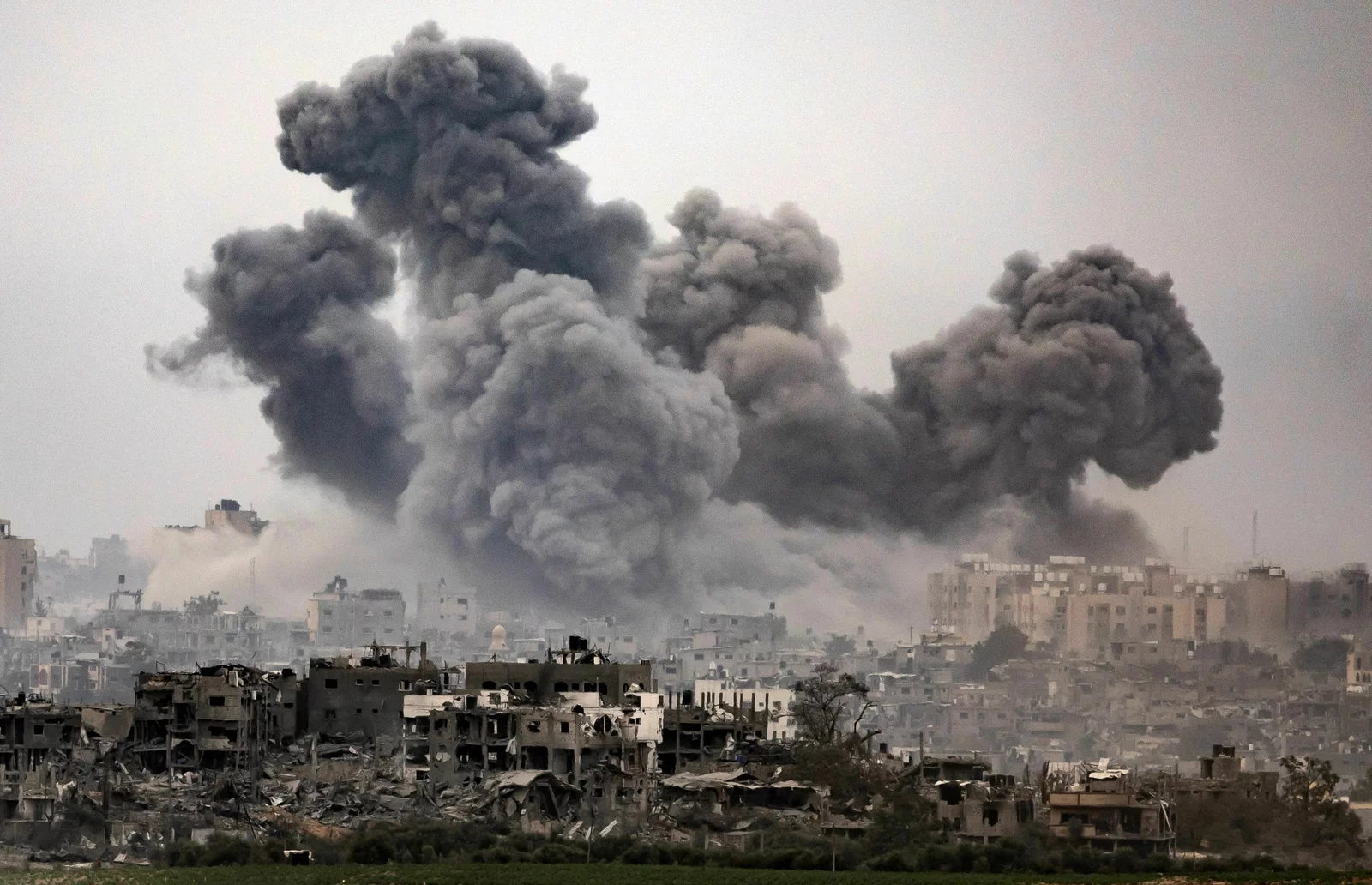In an alarming turn of events, Israel finds itself facing one of the deadliest offensives in its history. A surprise attack by the Palestinian militant group Hamas, labeled “Operation Al Aqsa Flood,” has plunged the region into chaos. This onslaught, which began on a fateful Saturday morning, has now claimed over 1,300 lives, including foreign nationals, and resulted in more than 100 hostages taken by Hamas. To make matters worse, the conflict has put immense pressure on the U.S. House of Representatives, which remains leaderless following a historic no-confidence vote against Kevin McCarthy.
Israel’s response to the Hamas offensive has been nothing short of severe. The Israeli government, in a controversial move, has ordered a “complete siege” of the already blockaded and impoverished Gaza Strip, effectively cutting off essential supplies of food, water, and electricity to its roughly two million residents. The consequences of this decision are dire, as Gaza is one of the most densely populated territories on Earth.
The offensive launched by Hamas, a designated terrorist group backed by Iran, is unprecedented in both scale and scope. This conflict has now become the deadliest that Israel has faced in 50 years, with over 700 Israelis losing their lives. Retaliatory Israeli airstrikes on Gaza have resulted in the deaths of at least 560 Palestinians.
As tensions continue to rise, Israeli Prime Minister Benjamin Netanyahu has declared that his country is at war. Israeli forces have been working tirelessly to rescue the hostages, and after 48 hours of intense fighting, they have regained control of areas outside Gaza. The Israel Defense Forces have reported striking more than 1,000 enemy targets in their airstrikes on Gaza.
Gaza, a tiny strip of land measuring roughly 140 square miles, is home to over two million Palestinians. Trapped in a cycle of violence, the region has been under Israeli land, air, and sea blockade since 2007, making it one of the most challenging places to live on Earth.
The implications of this conflict stretch beyond the Middle East, as the United States grapples with its own challenges. The U.S. House of Representatives remains leaderless a week after Kevin McCarthy’s ouster in a historic no-confidence vote. This has raised concerns that the political disarray in Congress could hinder the U.S. response to the war in Israel.
A senior Biden administration official pointed out that the lack of a House Speaker could complicate U.S. efforts to support Israel, saying, “There probably is a role for Congress here, and without a speaker of the House, that is a unique situation we’re going to have to work through.”
The House Republicans are expected to vote for a candidate to replace McCarthy in the coming days. The candidate will need to secure 217 votes in the closely divided House to secure the post.
As the world watches the unfolding tragedy in Israel and Gaza and the political turmoil in the United States, one thing is clear: a swift and peaceful resolution is desperately needed to end the suffering of innocent civilians caught in the crossfire. The international community must come together to find a path to peace and stability in this troubled region.



.jpg)